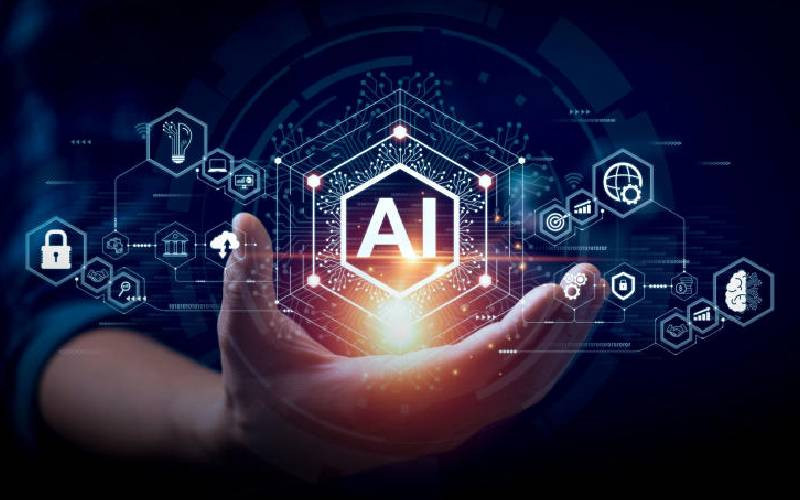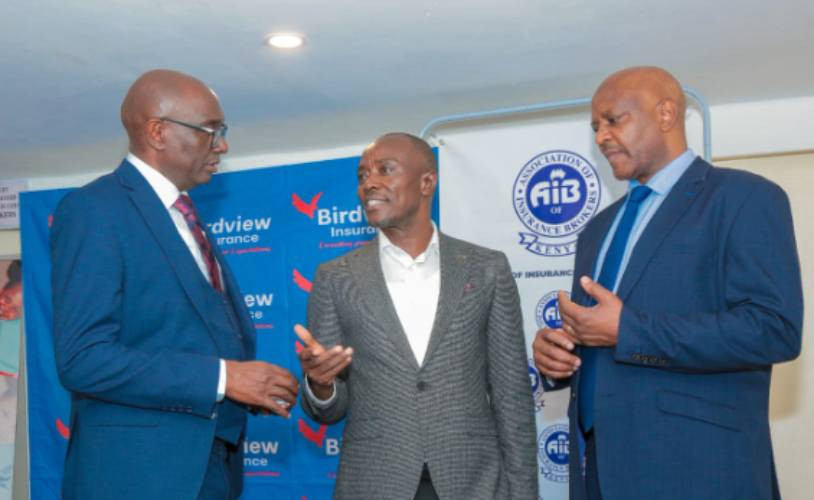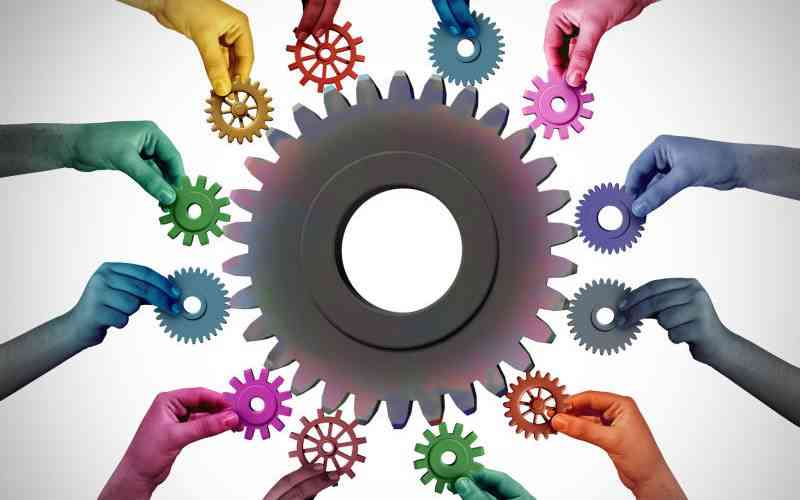
Recently, tech giant Microsoft announced the largest round of layoffs since 2023. Six thousand staff were asked to leave. What is unique about this round of layoffs is that a significant number of the now redundant roles are being replaced by Artificial Intelligence (AI).
According to an analysis by Bloomberg, more than 40 per cent of the 2,000 Microsoft staff laid off in Washington state, were software engineers. More unsettling is the fact that some of the engineers had months earlier been asked to rely more on AI tools, they obliged and, in the process, trained them. They were replaced by the AI tools they helped generate. CrowdStrike, the cybersecurity multinational, laid off 5 per cent of its workforce due to improvements in AI-powered cybersecurity tools.
While it is now clear that AI is here with us, the unexpected reality is that AI would replace tech jobs, like software development. Less than two years ago, and even now, one would be forgiven for assuming that blue-collar and low-skill work would be first in line for automation. However, things seem different. White-collar tech professionals—the very architects of the digital world—are discovering that their own creations are rendering them redundant.
Coding, once a daunting and complex task that few could understand and even fewer had the patience to explore, can now be done by a few clicks of a mouse. Large language models (LLM) and AI coding assistants like GitHub Copilot and even ChatGPT can not only write code, they can debug and optimise code at speeds that no human can possibly match. For context, tasks that would ordinarily take a team of junior developers a number of days to complete, can now be done in minutes.
A study by Gartner predicts that 80 per cent of routine programming tasks could be automated by 2028. Equally, a McKinsey study in 2024 indicated that AI technologies were already capable of automating work done by approximately 70 per cent of the tech workforce.
This strange and ironical technological displacement presents a deeper societal question: What careers will remain safe from the reach of AI?
The answer to this dilemma lies not in resisting automation, but in leveraging what makes us uniquely human. Careers previously considered by many as being lacklustre and boring, could be the last straw for humans.
Tasks such as human resources, teaching, mental health, communications and public relations that are grounded in interpersonal communication, emotional intelligence, empathy, and a deep cultural understanding are proving to be more resilient to automation. While AI comes in handy in crunching numbers and simulating scenarios, it lacks the capacity to engage in moral reasoning, differentiating cultures in a global set-up and genuine emotional insight and human judgment.
In HR for instance, AI can help filter CVs and extract longlists and shortlists, answer basic employee queries and conduct staff surveys. However, when it comes to the essence of human resource tasks such as coaching, conflict resolution, handling sensitive interpersonal dynamics and nurturing company culture, real human interaction becomes a necessity. In fact, a workplace increasingly dominated by automation, demands even more human-centered leadership and support than ever before.
Communication is another field where humanity still leads. Whether it’s navigating complex negotiations, leading change management, or crafting messaging that resonates on a personal level, these are not easily outsourced to machines. The subtleties of tone, cultural nuance, and emotional timing are still beyond the grasp of even the most advanced AI.
Rather than chasing the next soon-to-be-automated technical niche, young professionals should consider developing skills in communication, emotional intelligence, and people-oriented disciplines. These are the traits that will not only remain in demand—but will rise in importance as AI takes over more of the mechanical and analytical work.







